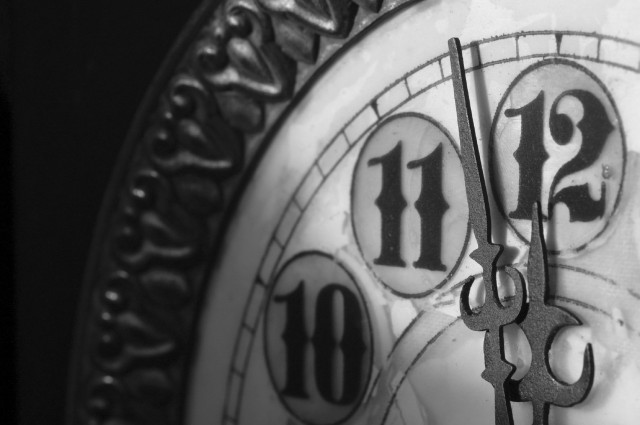Everyone has his or her own personal approach to New Year’s resolutions. Me? I aim for less lofty goals and focus on small but tangible positive additions I can make to my daily routine. There’s nothing wrong with dreaming big for the New Year, but using New Year’s resolutions as a vehicle for large lifestyle changes such as quitting sugar forever or moving to another coast makes the whole process more daunting and less enjoyable. By nature I’m a planner, ever evaluating my goals and how to achieve them. New Year’s resolutions actually give me an opportunity to lighten up a little, get creative with myself, and ironically — focus on something other than the big picture.
Celebrate the year that lies ahead of you by setting resolutions that allow you to be kind to yourself. If you really want this to be the year you loose weight, change careers, find the love of your life, or start a family — wonderful! However, ask yourself whether you feel a sense of empowerment when you fold these dreams into the context of New Year’s resolutions. Setting such high stakes resolutions can actually create a sense of burden and ultimately backfire. Don’t be discouraged, though, because setting attainable New Year’s resolutions can actually help you reach those bigger dream goals in the end. It’s all about learning to create new habits, or break old ones.
Scientists have been pretty obsessed with how we develop or fail to develop habits for a long time, and some enlightening research has come out of it. In his book The Power of Habit, Charles Duhigg investigates habits — how to form them and how to break them, and provides an excellent framework that can be used for getting New Year’s resolutions to stick. His framework hinges on a simple neurological loop at the core of every habit. MIT researchers discovered this loop, and it consists of three parts: a cue, a routine, and a reward. To break a habit, you need to identify the components of your loops. Then you can look for ways to disrupt old routines with new ones.
It’s a solid prescription, but for New Year’s resolutions, I want to focus on creating new good habits rather than breaking bad ones. Here’s an example of how this works. Recently, I participated in a meditation challenge that required me to meditate for 10 minutes every day for 2 weeks. I was not in the practice of meditating, but really wanted to make it part of my day. Using this framework for developing new habits, I first developed a cue. In this case, I literally set an iPhone alarm for the same time each morning. Then I created a routine. I created a little meditation environment in my home and a ritual, including sensory enhancing elements like essential oils, then I meditated in the same space each day. I also incorporated a reward, the powerful tool that keeps you coming back until something is finally habit. After meditating for 10 minutes, my reward was a delicious breakfast and my favorite hot tea. This routine became just that — a routine, a new habit. Do I fail to do it every single day? Of course, because like you I’m busy and human, but it set me up for success more than anything else.
As you prepare your New Year’s resolutions, have a light heart about it and consider saving those big goals for a different context. For the resolutions you do make, use this framework for creating new habits to help you along the way. One of my resolutions this year is to call my long-distance family and friends more often. Setting up a new habit loop to meet that resolution will be an easy but integral part to making that happen.
Do you make New Year’s resolutions? What’s your strategy for making them stick?
